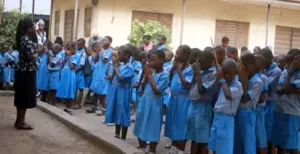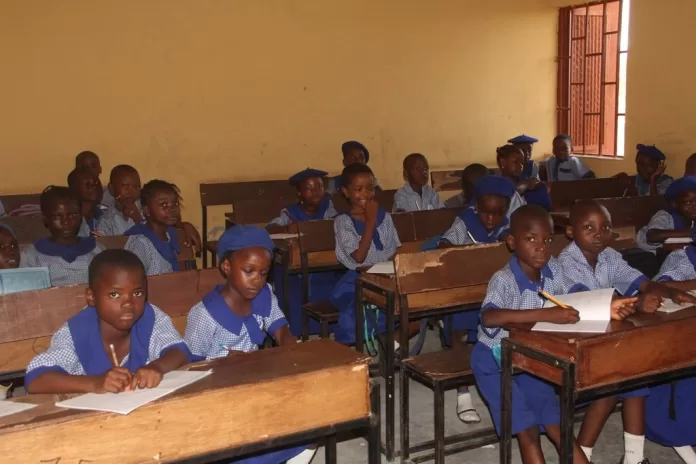Vocational skills such as plumbing, hairstyling, and solar installation will soon become integral to Nigeria’s educational system. The new primary school curriculum is set to take effect from January 2025, mandating that pupils learn at least two vocational skills.
During a stakeholder meeting held in Abuja on Monday, Dr. Margret Lawani, Acting Executive Secretary of the Nigerian Educational Research and Development Council, outlined the new subjects that fall under the vocational and entrepreneurship studies framework. This initiative is designed to expose pupils to various trades across multiple sectors.
Lawani explained that in the construction industry, pupils will learn skills in plumbing, tiling, flooring, and POP installation. “The vocational and entrepreneurship studies, or the skills, cover different sectors comprising various trades. For instance, in the building and construction industry, we have plumbing, tiling, flooring, and POP installation,” she stated.
In the hospitality and leisure sector, pupils will acquire skills in event decoration and management. “For hospitality and leisure, we have event decoration and management,” Lawani added.
Additional skills introduced in the curriculum include bakery and confectionery, hairstyling, makeup, and interior design. “In the services sector, we have GSM repairs, satellite or TV antenna installations, CCTV, intercom installation, and maintenance. We also have solar photovoltaic installation and maintenance, as well as garment making,” she explained.
The curriculum will also include training in agriculture, where pupils will learn beekeeping, horticulture, and poultry farming. “This sector covers crop production, beekeeping, horticulture, sheep and goat farming, as well as poultry and rabbit farming. Altogether, we have about 15 different trades or skills newly introduced for basic education,” Lawani noted.
In addition to vocational training, the new curriculum will integrate digital literacy as a core subject. “We are introducing basic digital literacy, including IT, robotics, and more,” she stated.

READ ALSO: FG to Redirects 30% of TETFund to Student Loan Scheme
On a similar note, Dr. Sununu, speaking in Abuja on Wednesday during the flag-off of teacher training and the launch of sensitization materials on moral reorientation organized by the Universal Basic Education Commission (UBEC), emphasized that the updated curriculum will equip learners with both academic skills and an ethical framework for positive contributions to society.
“The revised curriculum, to be launched at the National Council of Education (NCE) meeting, has been designed to instill values that address our orientation needs and foster social regeneration,” he stated.
Sununu elaborated, “Our goal is to nurture a generation of learners who are not only academically competent but also emotionally intelligent, socially responsible, and morally upright.” He explained that the new approach aims to engage students in discussions about values and ethics, moving beyond traditional teaching methods.
Additionally, he reaffirmed the Federal Government’s commitment to continuous investment in teacher development to ensure that educators are equipped with the necessary tools to meet the evolving needs of students.

